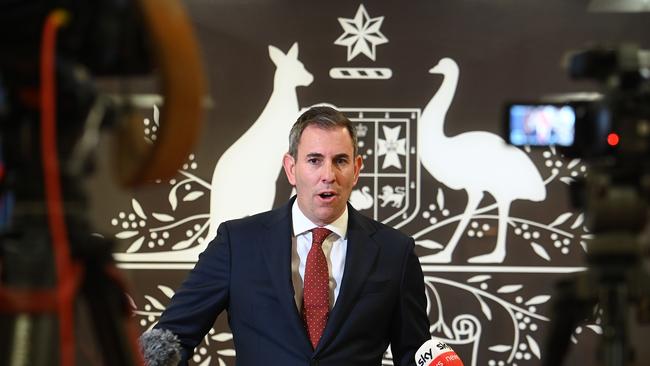
Chalmers’ clumsy attempt to shift blame for the painful consequences of high interest rates has badly backfired.
The West Australian best caught the mood with its Tuesday front page displaying photographs of the Treasurer and the governor book-ending the headline “It’s not me it’s you”.
Interest rates are determined by domestic and international economic conditions, not by personal caprice of the Treasurer or the board of the Reserve Bank. It is well accepted economic belief that if government spending is too high, that exerts upward pressure on interest rates. There is little argument that the Albanese government has lost control of expenditure.
Dr Chalmers’ attack on the RBA a few days ago had a tone of desperation about it. They were the words of a treasurer who has lost his grip.
After all, Bullock was appointed governor only 11 months ago, and by the Albanese government on the recommendation of the Treasurer. Her appointment was widely praised, enjoying the full support of opposition Treasury spokesman Angus Taylor. She was well qualified for the job and has demonstrated the wisdom of her appointment.
She does not deserve the Chalmers broadside. Since she has been in the chair, the level of inflation, as well as government spending and other pressures, has left Bullock and her colleagues no alternative other than that pursued in relation to interest rates.
The relationship between a treasurer and the governor of the Reserve Bank is crucial to the smooth stewardship of the economy. It can be challenging. Co-operation and respect are important.
The independence of the Reserve Bank in setting interest rates, confirmed in an exchange of letters between Peter Costello and Ian Macfarlane, respectively treasurer and governor in 1996, was widely supported in the financial community. It gave confidence that interest rates would be set reflective of economic conditions, rather than immediate political considerations.
Macfarlane was outstanding as Reserve Bank governor. He was without peer among those who advised my government on economic matters. He worked seamlessly with Costello, who had recommended his appointment.
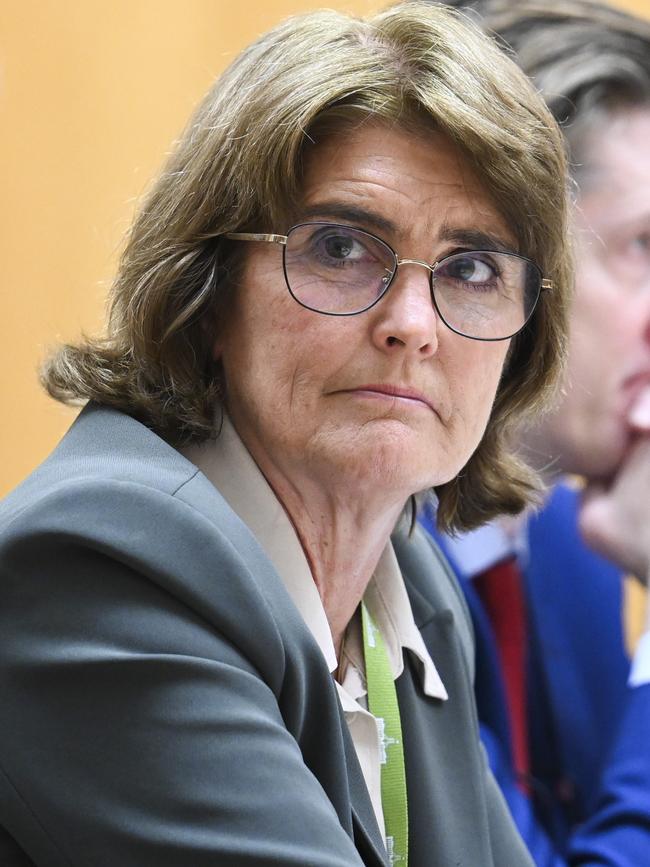
Not every decision Macfarlane took gave my government unalloyed joy. Unlike the current Treasurer, my government did not dump Macfarlane at the first whiff of grapeshot.
If Chalmers thinks he is being politically astute in openly trying to shift blame regarding interest rates, and ahead of the next election, he is sadly mistaken. The government does not control interest rates, and most particularly the timing of future decisions about the level of those rates.
He also underestimates the impact of interest rate increases on savers. Although many of them are better off than borrowers, equally a lot of them lack income flexibility and are less able to absorb higher rates, naturally preferring them to be on the upside or pointing in that direction.
As treasurer I recommended to the Fraser government the appointment of Bob Johnston as Reserve Bank governor.
My government accepted the recommendations of Costello to appoint Macfarlane and then some years later Glenn Stevens as governors.
Johnston played a major role in advising the Hawke government to float the Australian dollar. This decision has frequently been cited by me as the most influential economic decision taken by any Australian government in the past 40 years.
As governor, Stevens demonstrated his independence by raising interest rates on the eve of the 2007 election, won convincingly by Kevin Rudd. Stevens’s decision was uncomfortable for me and other members of my government but not unexpected.
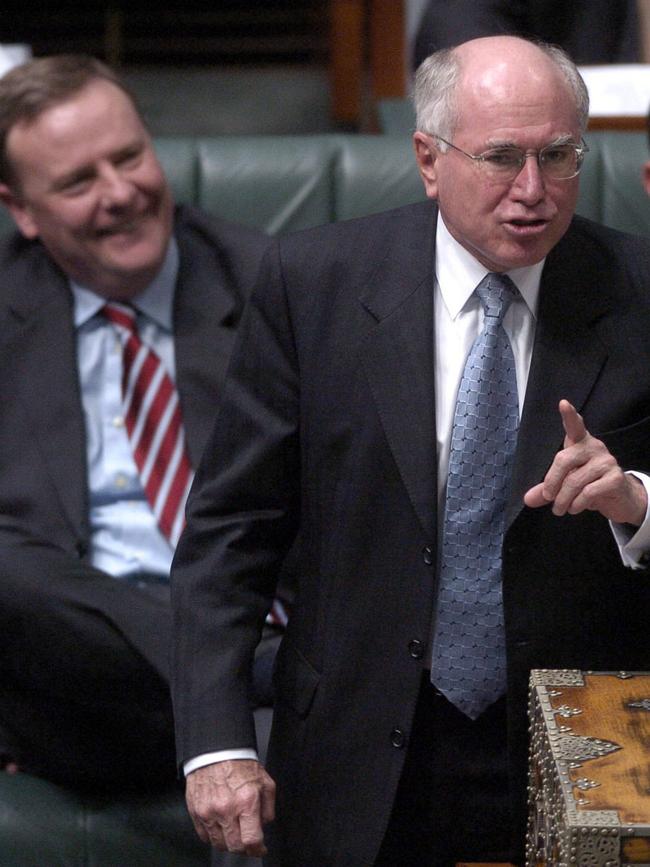
Despite any wordy protestations to the contrary, Chalmers has tried to shift the blame for the pain experienced by borrowers at present on to the shoulders of his own anointed Reserve Bank governor. It is not only an unworthy deed but it is also transparent.
The Australian public is far more economically literate than many political figures and media commentators give it credit for. My experience was that it well understood that on occasions there could be tension between the treasurer and the governor; each having different constituencies to serve, but both ultimately in need of a stable, smooth-functioning economy.
Also, treasurers occasionally must carry out government decisions with which they personally disagree.
By his opportunistic and quite disloyal remarks Chalmers has diminished himself, not Bullock.
John Howard served as prime minister from 1996 to 2007. He became treasurer in 1977 and held this portfolio until Malcolm Fraser lost government in 1983.


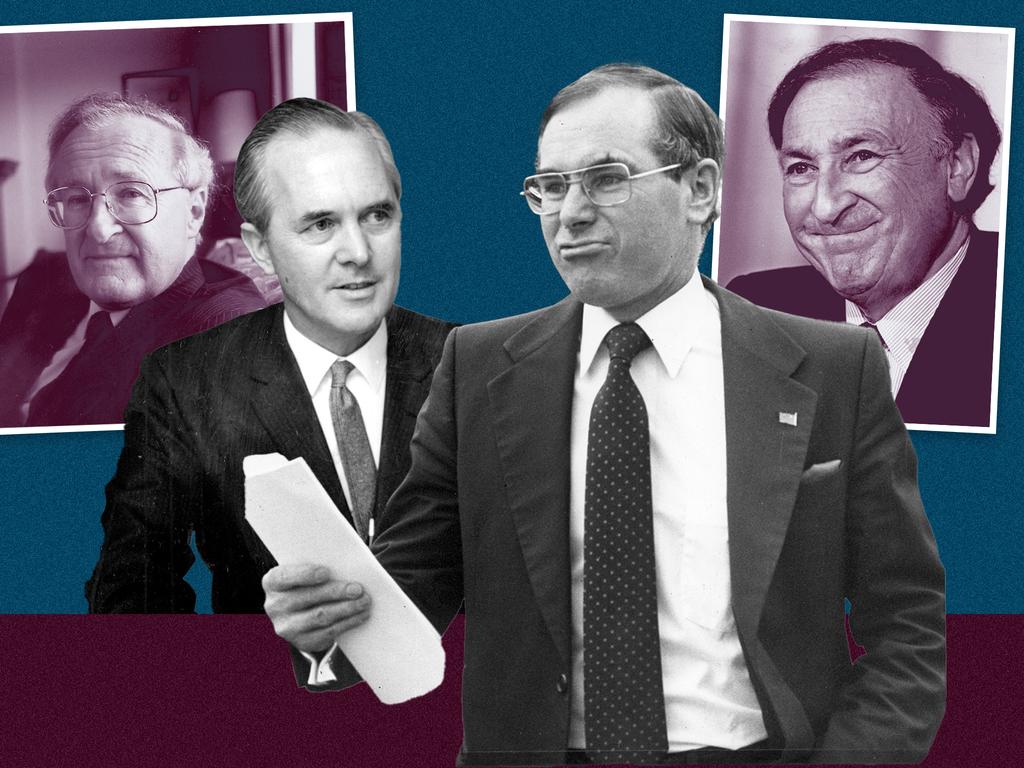

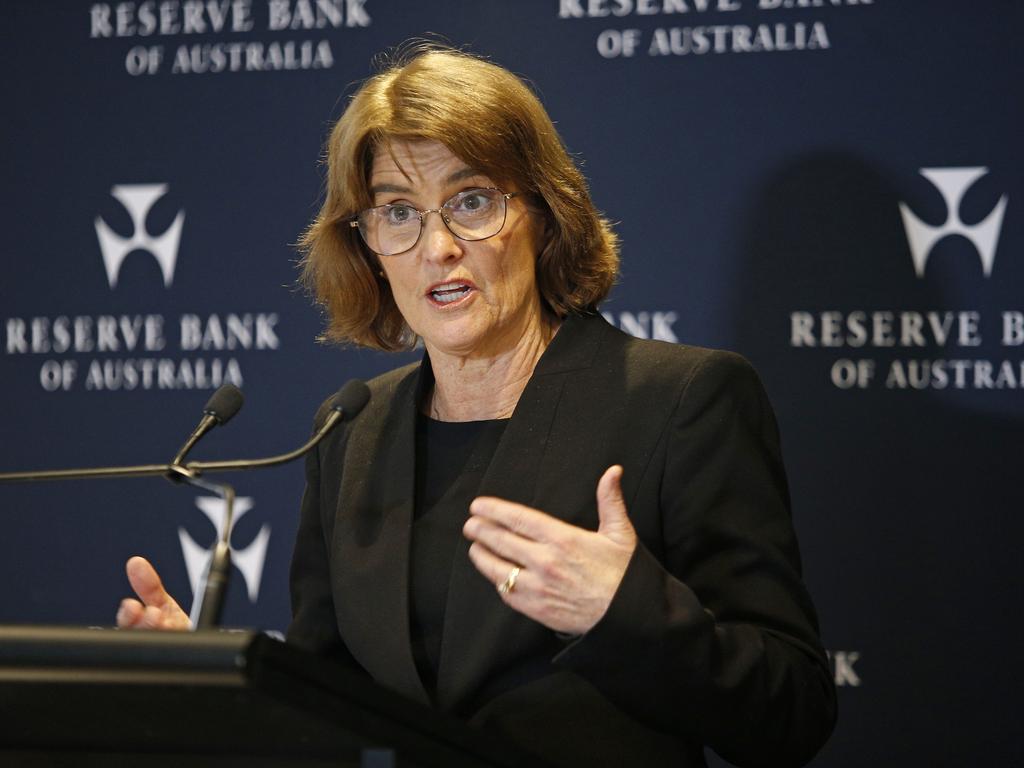
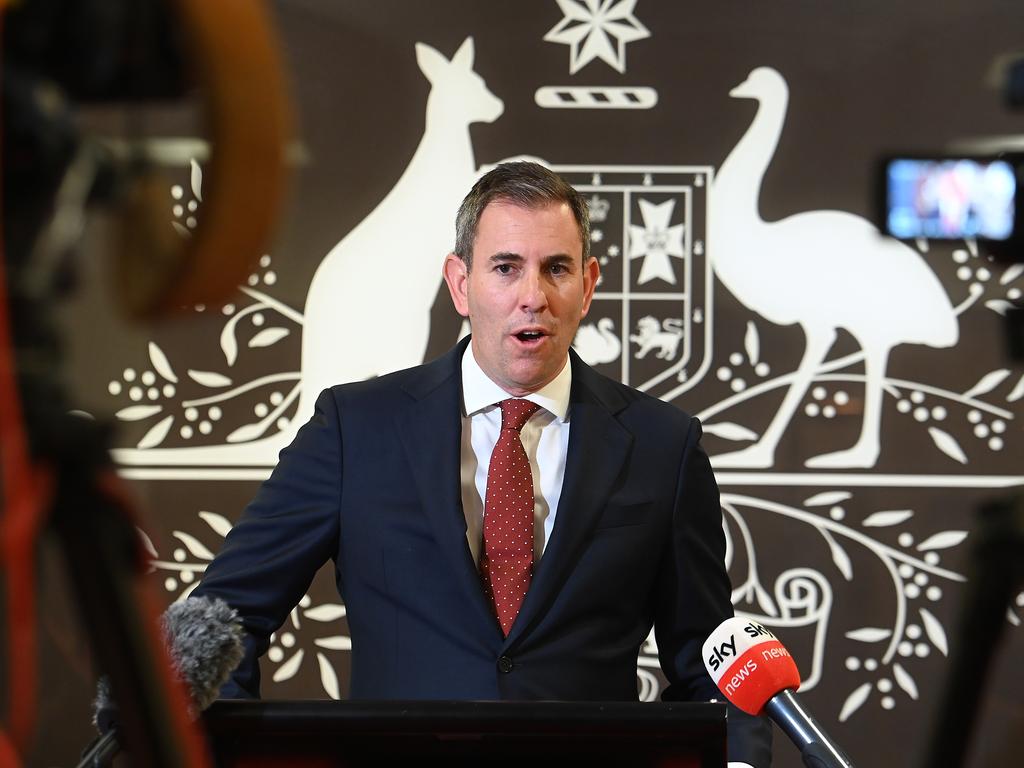


The Treasurer, Jim Chalmers, wrote his PhD thesis on another – much better – treasurer, Paul Keating. The former treasurer once boasted in parliament that he had “the Reserve Bank in his pocket”. Strange, then, that his admirer, Dr Chalmers, should have openly attacked the present Reserve Bank governor, Michele Bullock, for the current high level of interest rates.